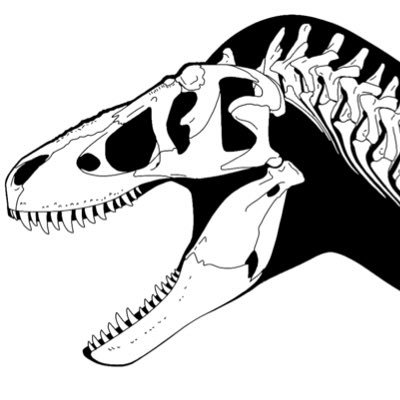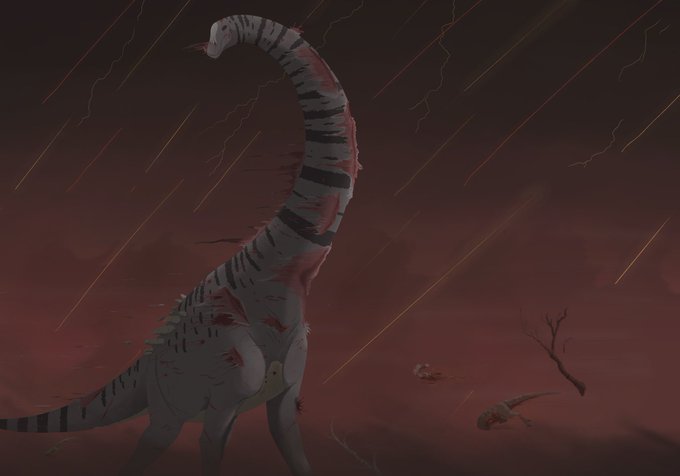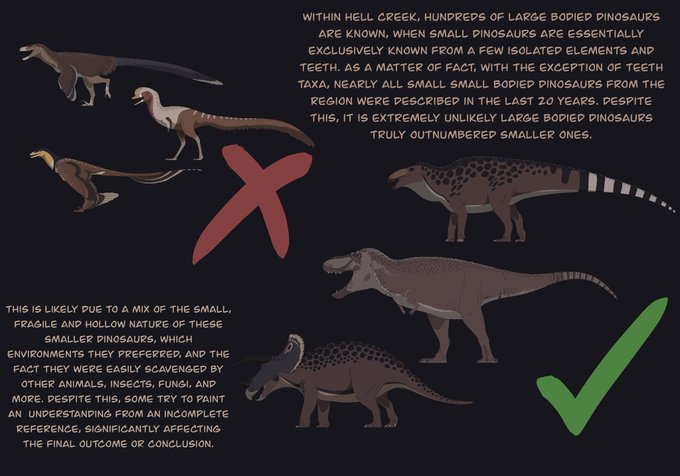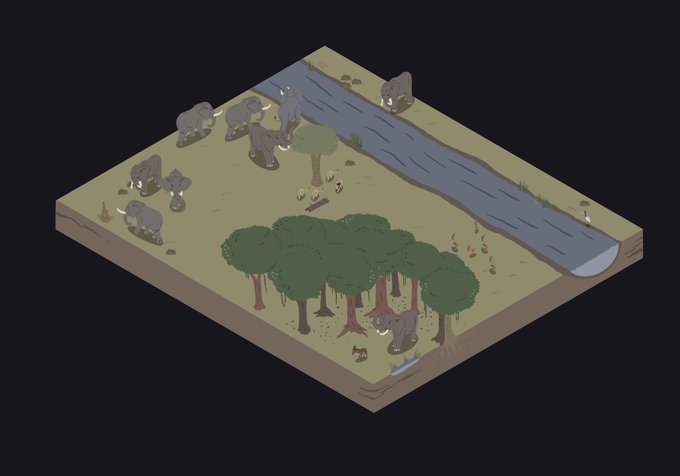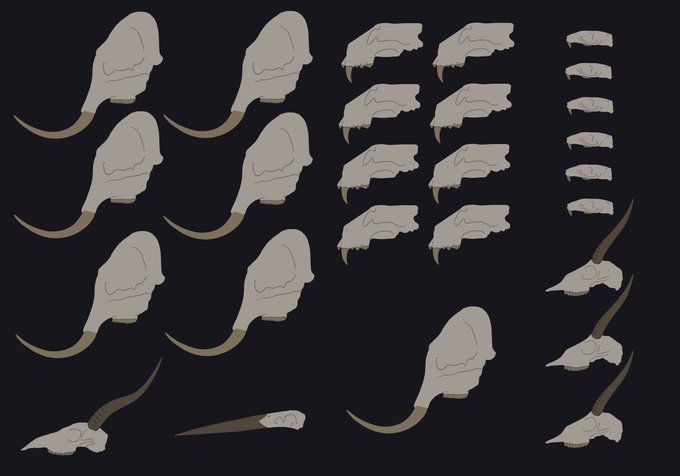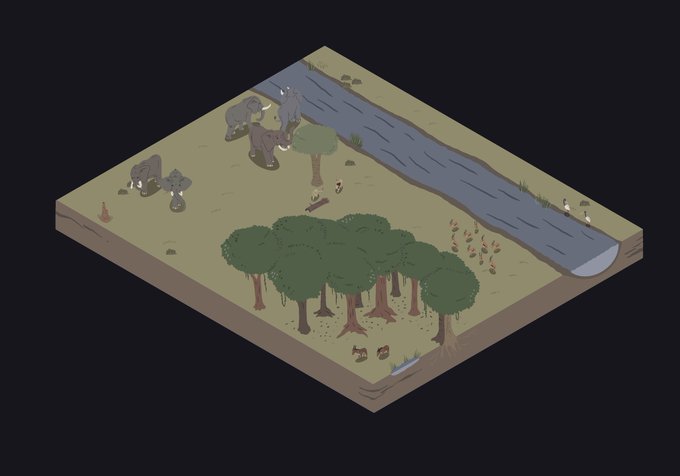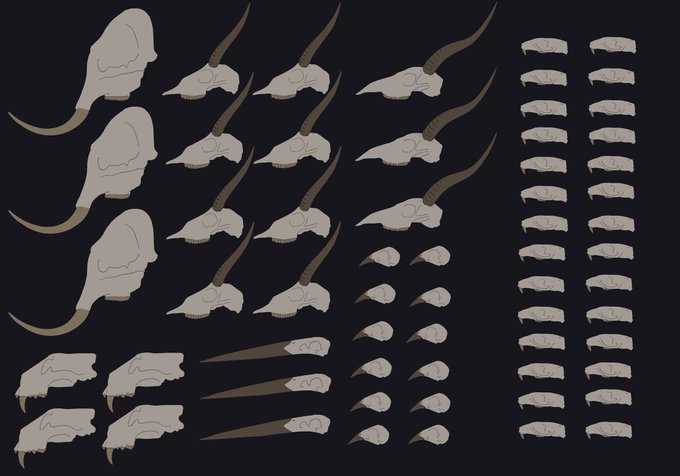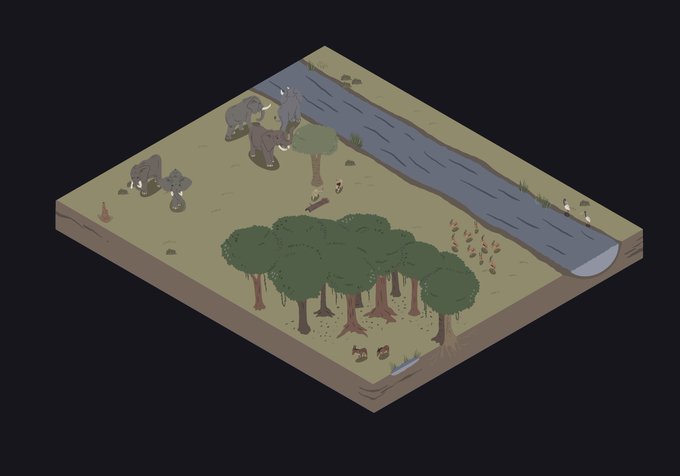The World, Ripped Apart
Thousands of kilometers away from the impact, a lone Alamosaurus stands its ground as the world around it is ripped apart. Just large and strong enough to withstand the wind, it is alive just long enough to feel itself being torn to pieces.
Because of the lack of ability to look at the holotype, informally it has been stated that the ribs and verts are also questionable, and the mis-scaled tail when re-scaled brings an animal only slightly larger than Deinonychus. Ultimately, because the lack of veracity...
This was meant to be a rough concept of Albertonectes dragging away a juvi rex, then I found out the Bearpaw is from the latest Campanian. So it's Albertonectes dragging away a juvi Daspletosaurus.
May return to the concept with a spec, indet. Maastrichtian plesiosaur.
Sometimes the way an animal is built disallows their preservation. Birds, for instance, have hollow bones, and many live in vegetated areas, so many places don't preserve any, and if they do, they're often water marginal species and/or fragmentary. Yet despite this...
1 million years pass, and the ecosystem begins to evolve or go extinct by natural forces. The environment they're in allows larger animals to preserve more easily. As a result, the perceived population looks something like this:
This hypothetical ecosystem includes large, small, and "rare" herbivores, predators, large and small birds, and small mammals. The skulls represent how many animals per unit of area there may be (there is no set number of animals per skull, it is merely a means of comparison).
A Beginner's Guide to Preservational Bias:
How limited information can create faulty conclusions, and things to consider when imagining Mesozoic ecosystems.
